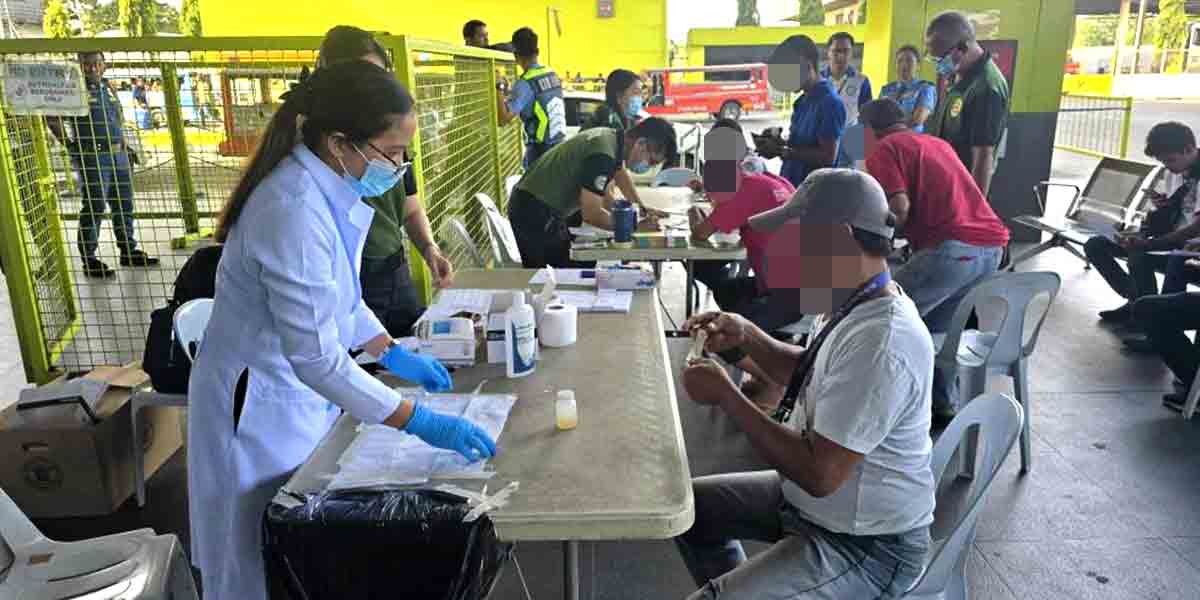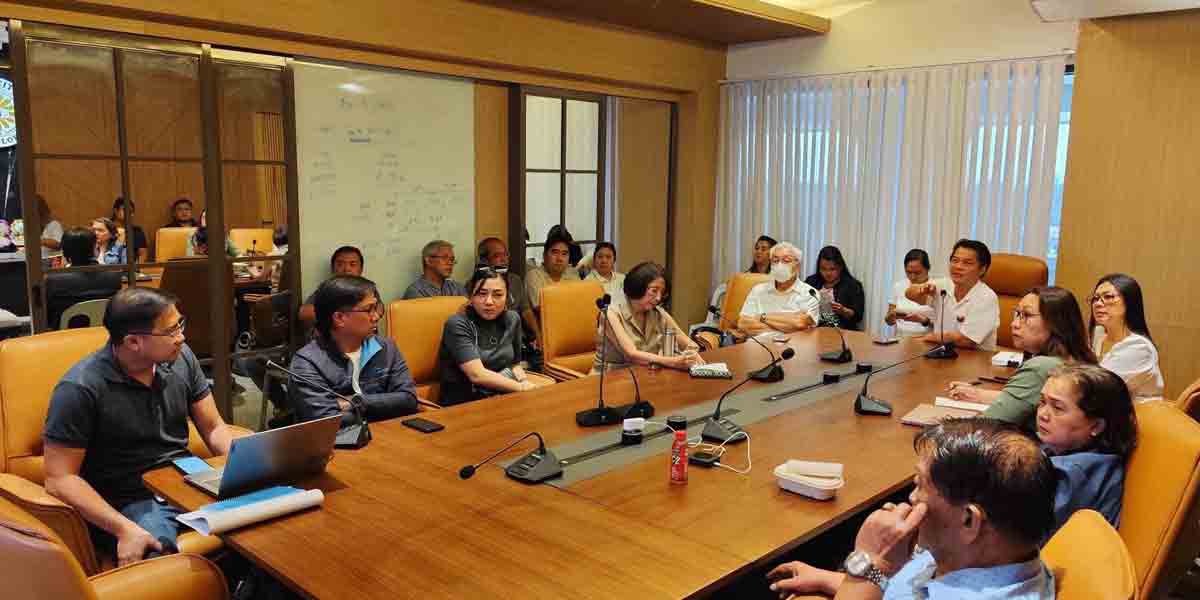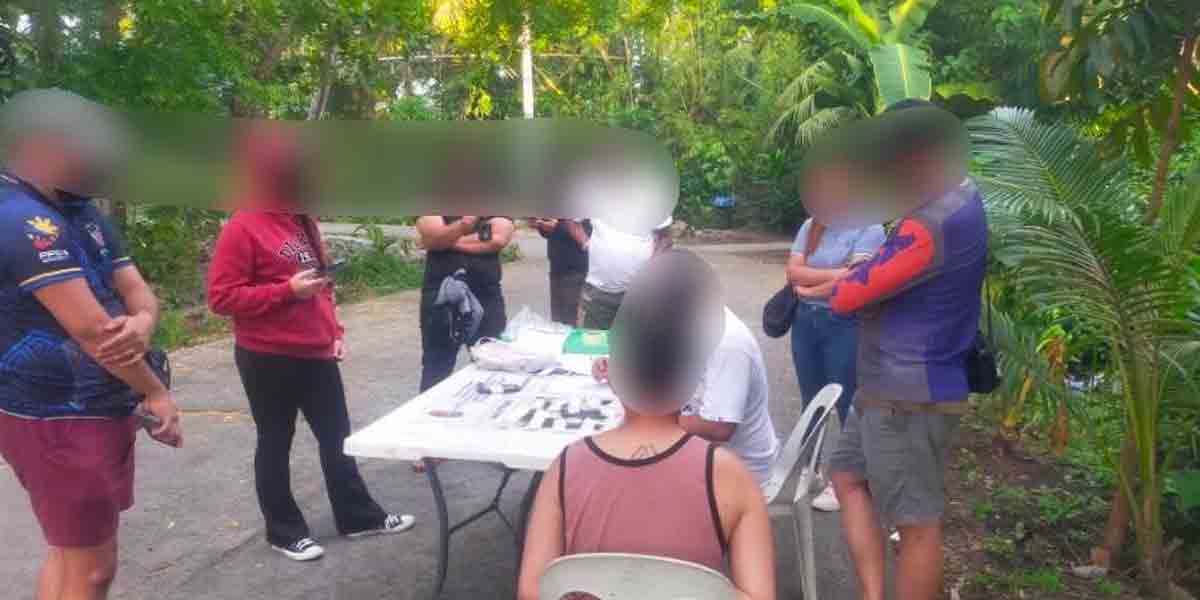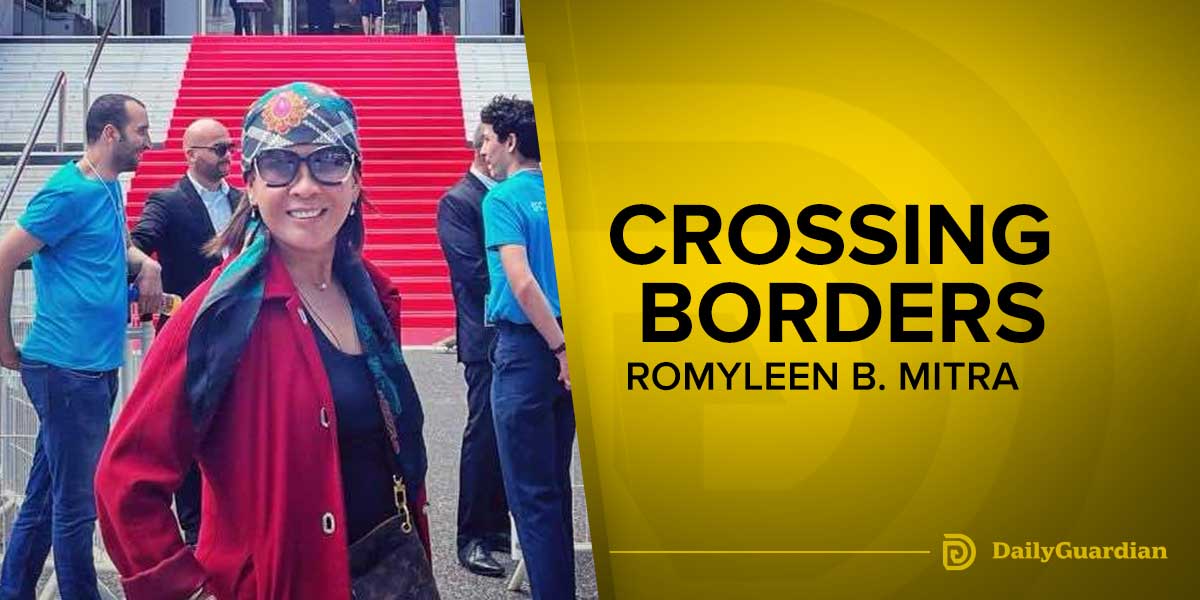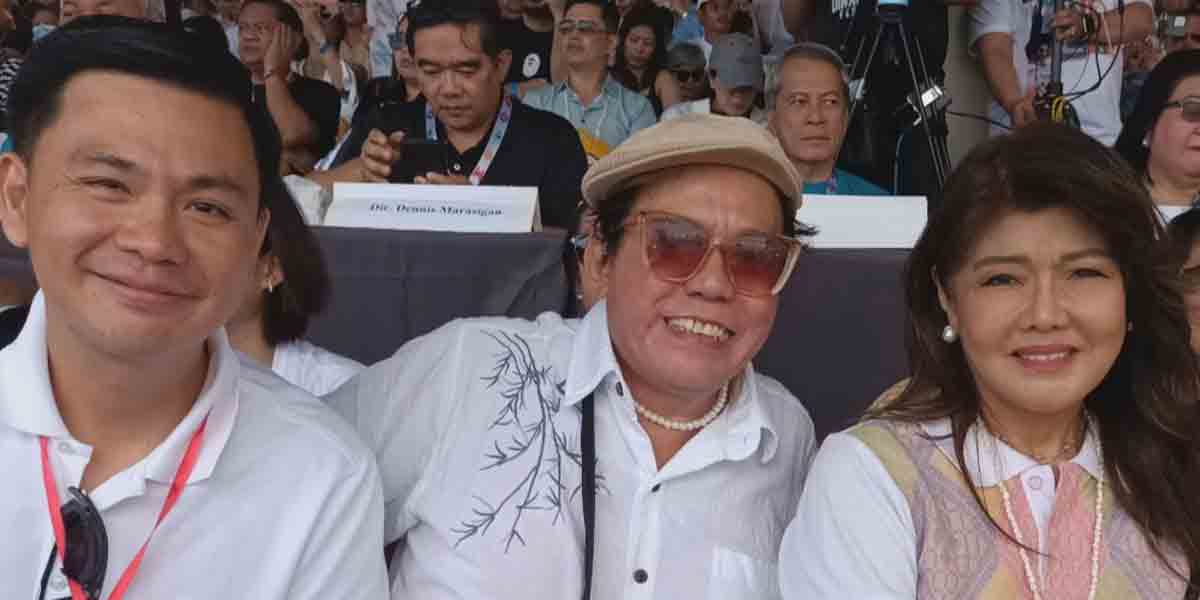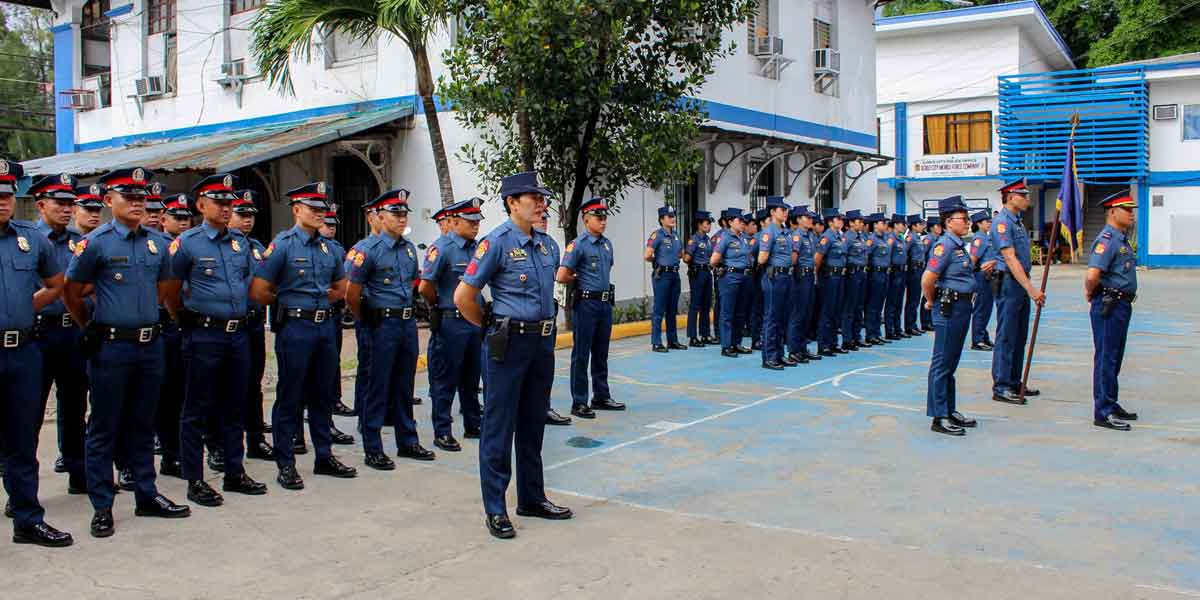What was packaged to the public as a “free zone” turned out to be anything but free.
The so-called unity agreement brokered by Speaker Martin Romualdez between Iloilo City Mayor Jerry Treñas and lone district Rep. Julienne “Jam-Jam” Baronda may have been framed as a peace offering for the good of the city. But recent events have exposed it as a political convenience—a top-level handshake meant to secure elite interests and eliminate competition, not to empower voters with real choices.
Let’s be clear: The arrangement was not a truce between warring political factions. It was a silent imposition on the electorate, preventing the two most powerful camps from fielding opponents against each other’s chosen successors—Mayor Treñas’ daughter Raisa Treñas-Chu for mayor, and Rep. Baronda for reelection in Congress. The public was reduced to spectators in a drama already scripted by political elites.
But even scripted stories can unravel.
The latest accusations from Mayor Treñas that Team Sulong Gugma “endorsed” independent mayoral candidate Roland Magahin—based on tarpaulins and a radio guesting—are being called a betrayal of this so-called peace deal. Treñas insists the presence of Magahin’s image alongside Sulong Gugma materials is proof of a breach. Team Sulong Gugma denies this, calling the accusation laughable and hypocritical.
The contradiction is glaring: Treñas demands strict compliance to a vague, unenforceable pact while forgetting the very nature of the arrangement itself. If the “free zone” truly meant no interference, then what is Raisa Treñas—his daughter and former executive assistant—doing in the mayoral race in the first place?
Let us not forget that her candidacy is the product of political succession, not popular clamor. The idea that the “unity” pact would clear her path unopposed was, from the start, an insult to the city’s democratic ideals.
More troubling is the precedent this sets. The public was expected to nod quietly as two powerful camps—under the blessing of a national political figure—bartered off key positions like tokens in a game. Voters were sidelined from the very beginning, their right to weigh competing visions for Iloilo City’s future treated as an obstacle, not an opportunity.
What this reveals is the transactional nature of local politics today. “Unity” is not about consensus—it’s about control. It’s about consolidating influence and ensuring the passage of power within a trusted circle, with voters expected to rubber-stamp the outcome.
Worse, the infighting now playing out between Team Uswag and Sulong Gugma only reinforces the fiction of the “free zone.” If campaign posters and radio guestings are enough to collapse this agreement, then what real values underpinned it to begin with? Certainly not transparency, accountability, or genuine public engagement.
Treñas’ complaint that the “spirit of the agreement” was violated should prompt a different question: What was the spirit of that agreement in the first place?
From all indications, it was to control the playing field, discourage outsiders, and stage-manage a succession plan from one political dynasty to another. In doing so, it smothered open democratic debate and shrunk the space for emerging voices.
That isn’t unity. That’s elitism with polite language.
If the city’s two biggest political forces truly wanted what’s best for the people, they would have welcomed challengers, encouraged public discourse, and respected the electorate enough to present multiple candidates and platforms. Instead, they chose backroom negotiations and power arrangements wrapped in hollow statements of peace.
Now that the facade is cracking, both camps are scrambling to control the narrative. But the damage is done. The voters know now what this “free zone” really was: a way to freeze the field, silence alternatives, and sell dynastic succession as stability.
Democracy cannot thrive when elections are treated as coronations, and unity is weaponized to exclude.
In the end, what Iloilo City needed was a contest of ideas—not a contest of allegiances behind closed doors.
The free zone was never free. It was always rigged.

